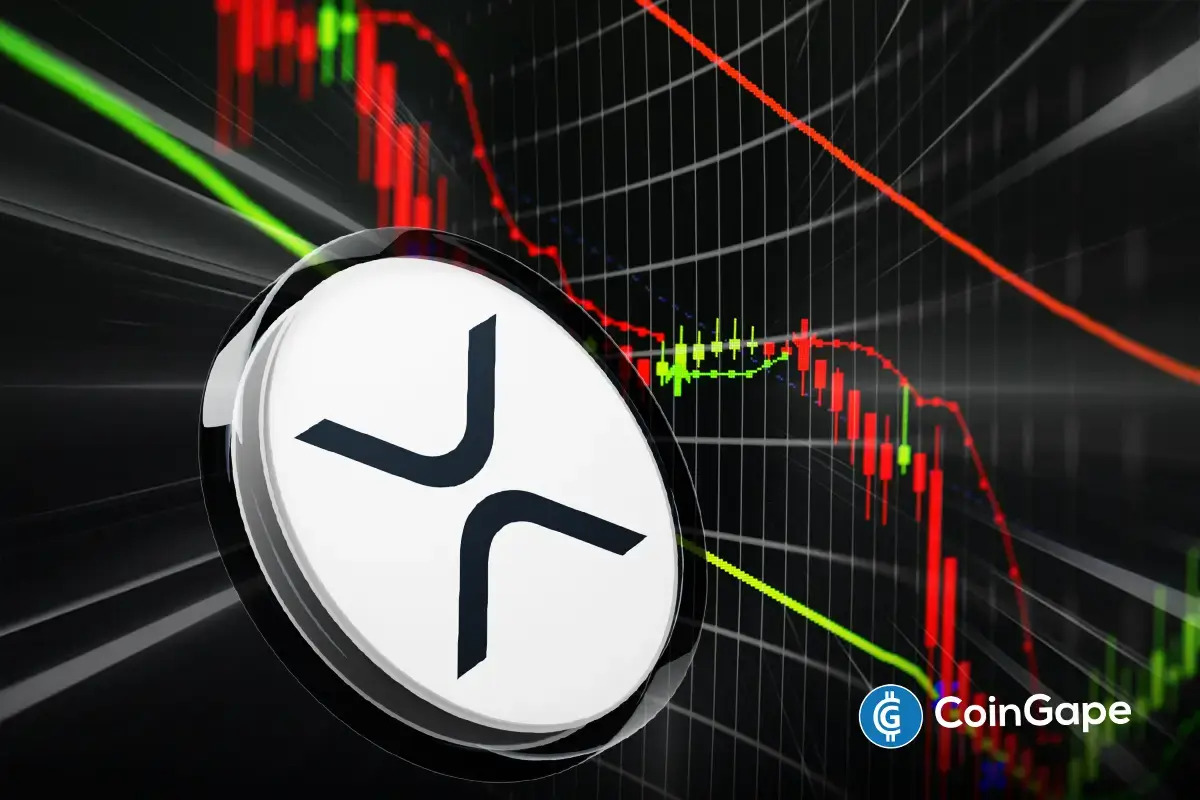European Central Bank (ECB) Advances Digital Euro Development With Rulebook Review

The European Central Bank (ECB) released a report on the development of the digital euro on Wednesday. It notes the progress of the central bank digital currency (CBDC) under the bank’s Rulebook Development Group (RDG).
Also Read: European Central Bank Confirms Digital Euro CBDC, But There’s a Catch
The apex body underlined that since its last update in June 2023, they have outlined the mechanics of the digital euro’s services and use cases while defining the rights and obligations of the members under the draft legislation.
ECB adds public-private players
The report boasts representation from the consumer, retailer, and intermediary sectors, with an interim review by RDG members.
ECB noted, “The draft rulebook will be sufficiently flexible to accommodate any future adjustments and will be updated in accordance with the outcome of the digital euro legislative process.”
Meanwhile, the ECB notes that implementing the digital euro framework involves a coordinated effort between various public and private entities. It underlines that intermediaries will serve as a bridge between the central bank and end-users in the digital euro environment. They can be various types of financial institutions, like banks or other payment service providers. It’s also possible for the payer’s and payee’s intermediaries to be the same entity, the report added.

These relationships create a network that forms the digital euro ecosystem, ensuring smooth and regulated transactions within this new digital currency framework. Additionally, intermediaries might reportedly engage with third-party services to aid in their roles. However, it is made clear that these third parties are not direct actors in the scheme. This structure, governed by the Eurosystem, is at the core of the digital euro’s operational model, the report notes.
As the preparation phase for the digital euro progresses, the RDG reportedly plans to add further sections to the rulebook. In January 2024, it will cover areas such as user experience requirements, branding and communication standards, certification, testing and approval procedures, internal rules, risk management, and specifications for interoperability and implementation.
Crypto framework for Eurozone
It was in October 2023 that Christine Lagarde, President of the ECB, confirmed the steady advancement of the digital euro project. During that time, Lagarde highlighted the ECB Governing Council’s approval of the commencement of the preparation phase for the digital euro. It marked a pivotal step in the journey towards establishing a CBDC in the Eurozone.
In November last year, the ECB released its Financial Stability Review 2023 with a focus on the transformative effects of artificial intelligence (AI) in global financial markets. It outlined the dual nature of rapid AI advancements, showcasing both potential benefits and challenges. This came alongside ongoing efforts to regulate cryptocurrencies within the European Union (EU) with the Markets in Crypto-Assets Regulation (MiCA) framework.
Also Read: Laws for Bank’s Crypto Compliance Need Overhauling: ECB Chief
Play 10,000+ Casino Games at BC Game with Ease
- Instant Deposits And Withdrawals
- Crypto Casino And Sports Betting
- Exclusive Bonuses And Rewards

- US-Iran War: Reports Confirm Bombings In UAE, Bahrain and Kuwait As Crypto Market Makes Recovery
- XRP Price Dips on US-Iran Conflict, But Capitulation Signals March Rebound
- Crypto Market at Risk as U.S.–Iran War Threatens Inflation With Oil Price Surge
- Polymarket U.S.–Iran Strike Bets Fuel Insider Trading Speculation as Crypto Traders Net $1.2M
- Cardano’s DeFi TVL Climbs as USDCx Stablecoin Launches on Network
- Top Analyst Predicts Pi Network Price Bottom, Flags Key Catalysts
- Will Ethereum Price Hold $1,900 Level After Five Weeks of $563M ETF Selling?
- Top 2 Price Predictions Ethereum and Solana Ahead of March 1 Clarity Act Stablecoin Deadline
- Pi Network Price Prediction Ahead of Protocol Upgrades Deadline on March 1
- XRP Price Outlook As Jane Street Lawsuit Sparks Shift in Morning Sell-Off Trend
- Dogecoin, Cardano, and Chainlink Price Prediction As Crypto Market Rebounds

 Buy $GGs
Buy $GGs

















